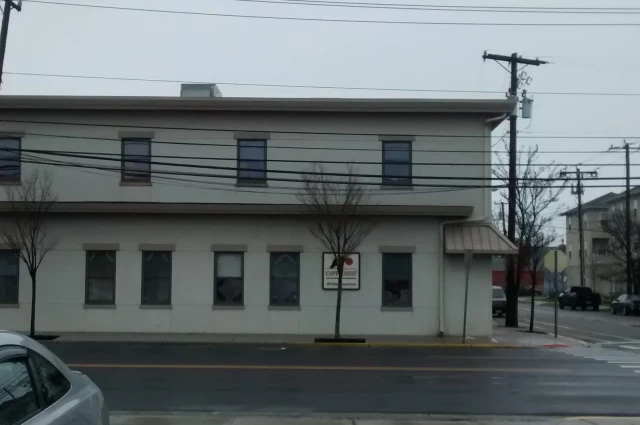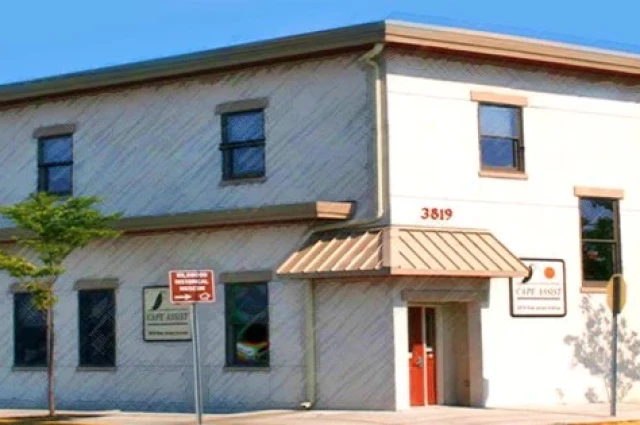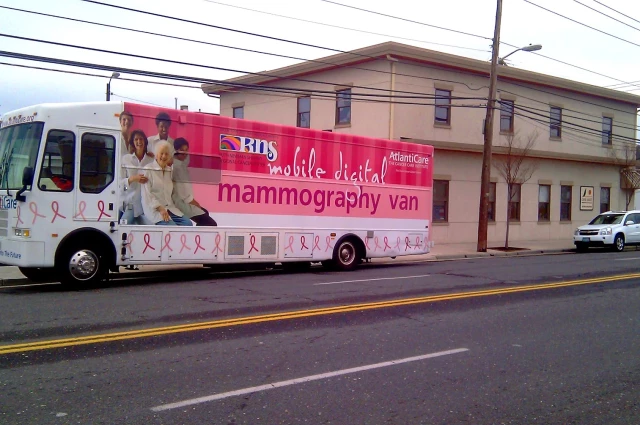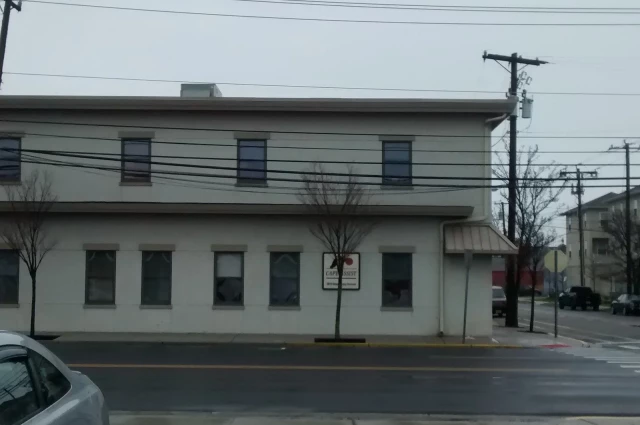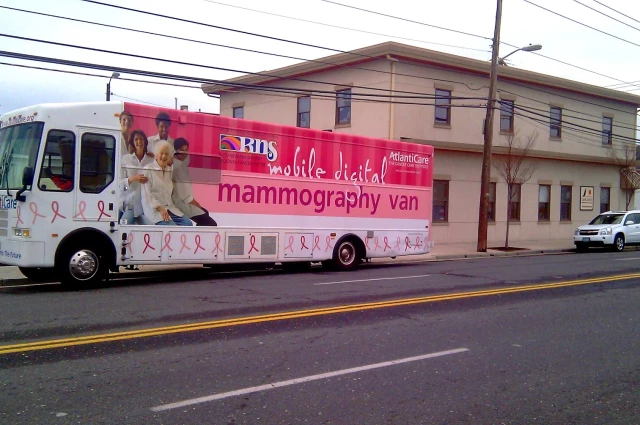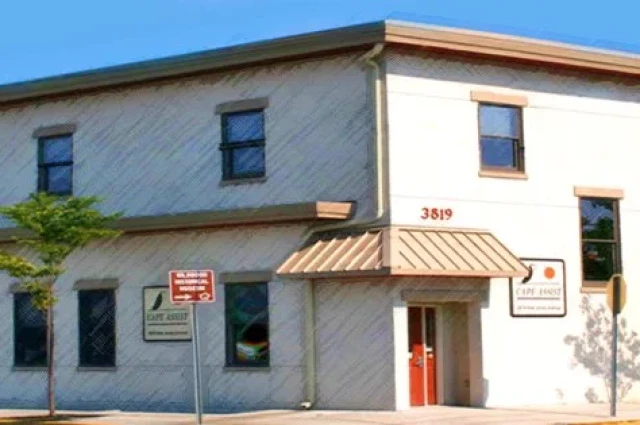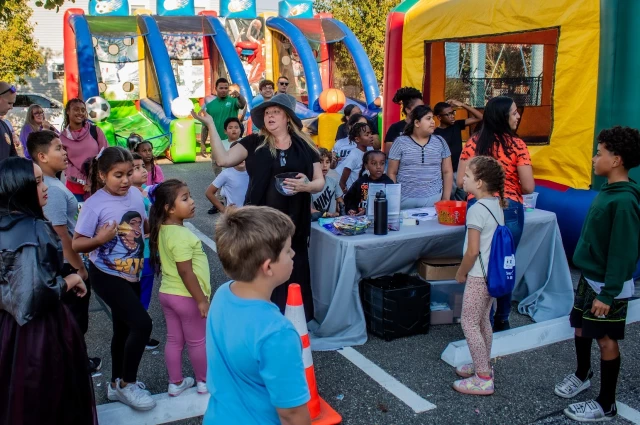Cape Assist Information
Treatment
Who We Treat
- Young Adults (18–25)
- Male and Female
Approaches
- Family Therapy
- Group Therapy
- Cognitive Behavioral Therapy (CBT)
- 1-on-1 Counseling
- Medication-Assisted Treatment (MAT)
- Online Therapy
- Life Skills Training
- Relapse Prevention Counseling
Conditions We Treat
- Gambling
- Anger
- Co-Occurring Disorders
Substances We Treat
- Chronic Relapse
Languages
- English
Aftercare
- Outpatient Treatment
- Intensive Outpatient Program
- Continuing Care
- Support Meetings
Level of Care
- Outpatient
- Co-Occurring Mental Health
- Aftercare/Continuing Care
Experience
Smoking and Vaping Policy
- Smoking Not Allowed
- Vaping Not Allowed
Accreditations
-
State department of health
State Licenses, issued by government agencies, authorize rehabilitation organizations to legally operate within designated geographical areas. The specific licenses required for operation are typically determined by both the nature of the rehabilitation program provided by the facility and its physical location.

Cape Assist Accepts The Following Insurance Plans
Find the best treatment options. Call our free and confidential helpline today!
